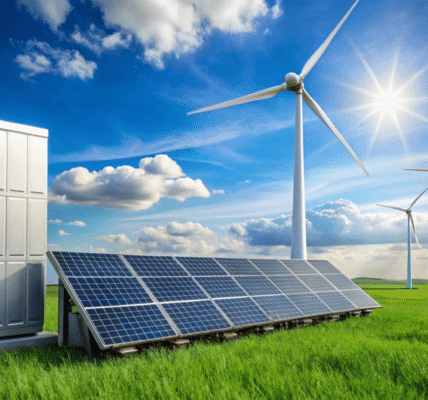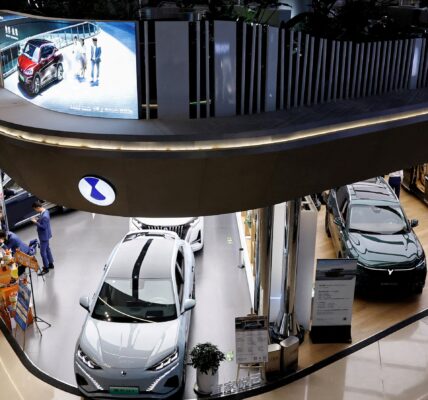One in 10 new cars sold across Europe this year will be electric or plug-in hybrid, triple last year’s sales levels after carmakers rolled out new models to meet emissions rules, according to projections from green policy group Transport & Environment.
The market share of mostly electric cars will rise to 15 per cent next year, the group forecasts, as carmakers across the continent race to cut their CO2 levels. The projections are based on sales data for the first half of the year, as well as expected increases as manufacturers scramble to comply with tightening restrictions in 2021.
“Electric car sales are booming thanks to EU emissions standards,” said clean vehicle director Julia Poliscanova. “Next year, one in every seven cars sold in Europe will be a plug-in.”
Under the rules, carmakers must reduce the average emissions from their vehicles to 95g of CO2 per km or face fines that could run into billions of euros.
In the first six months of the year, average emissions fell from 122g to 111g, the largest six-month drop in more than a decade.
While 5 per cent of the cars sold this year are excluded from the calculations, a concession from the EU to help carmakers ease into the new regime, every vehicle counts towards the total from next year.
Environmental groups have criticised the concessions, as well as the fact that CO2 limits are not due to tighten again until 2030.
“EU manufacturers are back in the EV race, but without more ambitious CO2 targets in 2025 and 2030 to spur them on, they’ll run out of steam as soon as 2022,” said Mrs Poliscanova.
Several carmakers are still lagging behind the new rules, according to T&E calculations, requiring a late spurt of electric sales, or the purchase of credits from a rival that has already exceeded the rules if they are to avoid large fines.
The system allows those who have generated “credits” by selling pure electric cars or plug-in hybrids to sell them to rivals that are struggling to meet the rules. The value of credits falls over time.
Volvo Cars earlier this month said it was open to selling its credits to competitors, having seen a sharp rise in hybrid demand this year. Daimler, which is part-owned by Volvo’s parent company Geely, is farthest behind its targets and most likely to require credits, according to T&E.
Some carmakers have also been hobbled by the pandemic, which delayed key model launches and dented demand. VW saw the launch of its electric offensive slowed by the epidemic, and as a result is behind in its targets.
Hyundai and Kia are also lagging behind, with sales of the electric models such as the Hyundai Kona and the Kia e-Niro delayed by the pandemic.
Toyota, which is pooled with Mazda, is very close to meeting its targets because of its widespread use of traditional hybrids, which run an engine and a battery at the same time.
BMW, which relies on plug-in hybrids as well as its fully electric i3 model, has met the targets for this year, as has Renault, which sells the electric Zoe. Renault’s alliance partner Nissan, which sells the electric Leaf car, is close to its targets as well.







